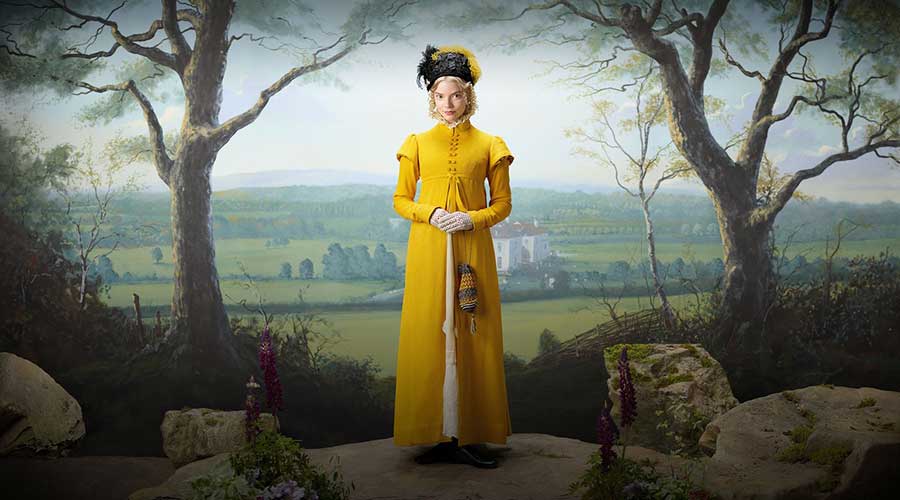What’s to watch on Netflix?
- 13 Apr - 19 Apr, 2024

With its heady mix of social satire, romantic intrigue and endlessly reinterpretable gender politics, Jane Austen’s 1815 novel Emma has long proved catnip for film-makers. The 2009 TV miniseries starring Romola Garai followed a string of small-screen productions, dating back to such offerings as a 1948 BBC “telefilm” with Judy Campbell. Recent big-screen adaptations have ranged from Douglas McGrath’s 1996 hit featuring Gwyneth Paltrow (for which composer Rachel Portman won an Oscar) to the 2010 Hindi-language rom-com Aisha with Sonam Kapoor. For many, however, Amy Heckerling’s 1995 “queen bee” treat Clueless remains a favourite, astutely transposing the British riffs of Austen’s source to the modern milieu of an American high school.
This latest colourful incarnation boasts the remarkable Anya Taylor-Joy as Austen’s “handsome, clever and rich” heroine Emma Woodhouse, spoilt daughter of a doting widowed father, who has lived nearly 21 years “with very little to distress or vex her”. With no responsibility beyond the care of her draught-obsessed papa (a mournful Bill Nighy, dressed to accentuate his pipe-cleaner limbs), Emma entertains herself by match-making, presumptuously manipulating the relationships of those around her.
When the comparatively lowly Harriet (played by Mia Goth) falls into Miss Woodhouse’s circle, Emma rudely diverts her from the course of true love. Instead, she sets her sights on the clearly unattainable – and entirely inappropriate – Mr Elton (Josh O’Connor). Meanwhile, neighbouring friend-in-law Mr Knightley (Johnny Flynn) circles Emma with an air of both adoration and exasperation, lamenting her casual cruelty while secretly admiring her wit and beauty.
Musically, Emma juxtaposes folk tunes with operatic voices as the action traverses social boundaries, with composers Isobel Waller-Bridge and David Schweitzer linking characters to instruments (a harp for Emma, a bassoon for Mr Knightley) in their cues. Live performances play a key role, too, from the piano duelling of Emma and Jane Fairfax (the multitalented Amber Anderson) to a duet in which Knightley sings and plays violin while Emma seethes silently from a distance.
All in all, Autumn de Wilde’s adaptation ramps up the comedy, but Anya Taylor-Joy remains wonderfully edgy as Jane Austen’s meddling heroine.
COMMENTS